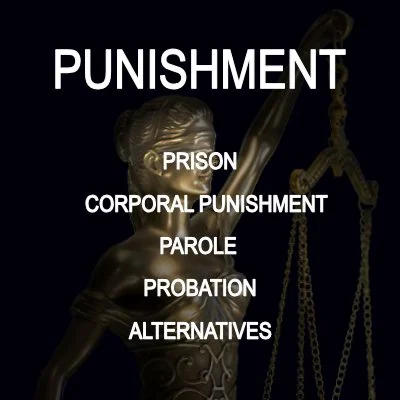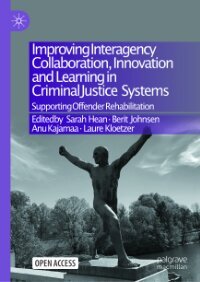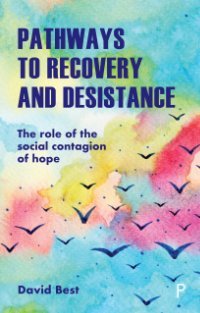By Francis T. Cullen Karen E. Gilbert
From the Foreword by Donald Cressey: “'This is more than a book about punishment versus rehabilitation of criminals. It is, to be sure, the first book to defend the notion that Americans acted unwisely and too hastily when they recently exorcised rehabilitation programs from prisons. But it also is an essay on how social movements go awry - on the unanticipated consequences of purposive social action. Further, it documents aproposition which humanitarian policy makers established centuries ago, namely that "government by law" always will, in the absence of "government by men,"' have gross injustice as its consequence. More generally, it pinpoints the tragic irony involved as humanitarians, bent on reducing pain and suffering in the world, have recently convinced Amer icans to inflict more pain and suffering on criminals, even if doing so allows criminals to inflict more pain and suffering on the rest of us.”
Cincinnati, Ohio. Anderson Publishing Co. 1982. 339p. Book contains mark-up










